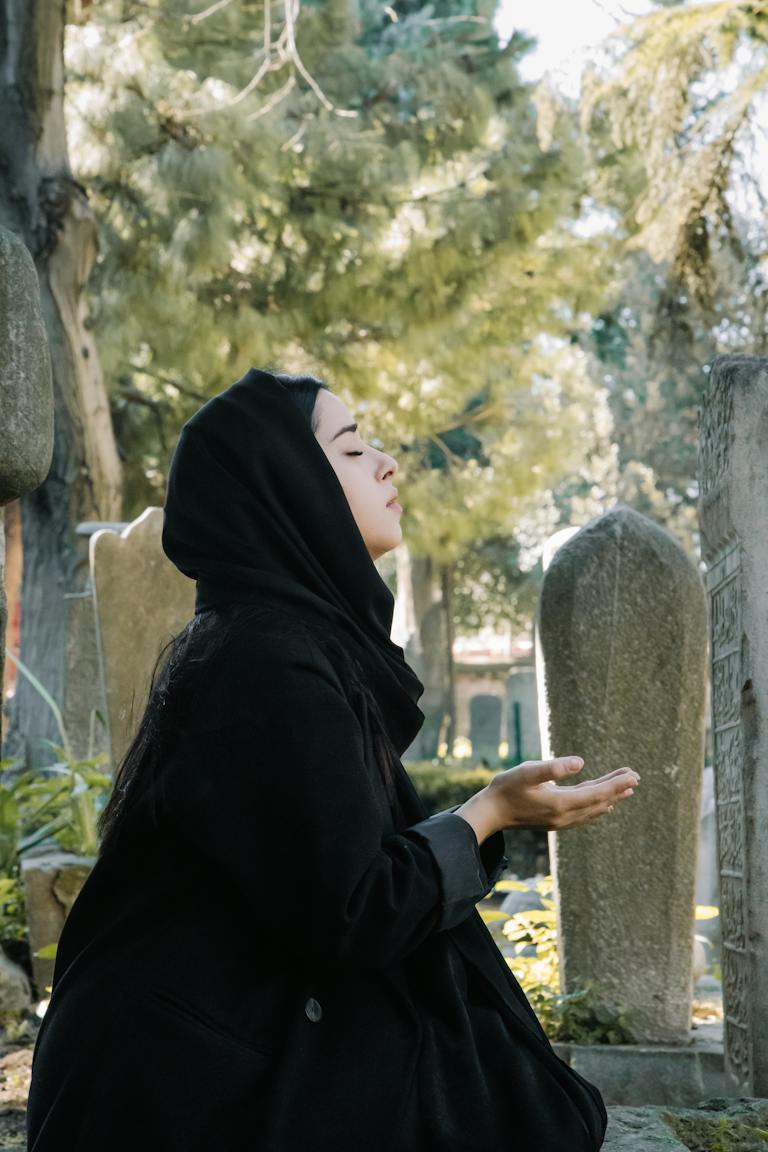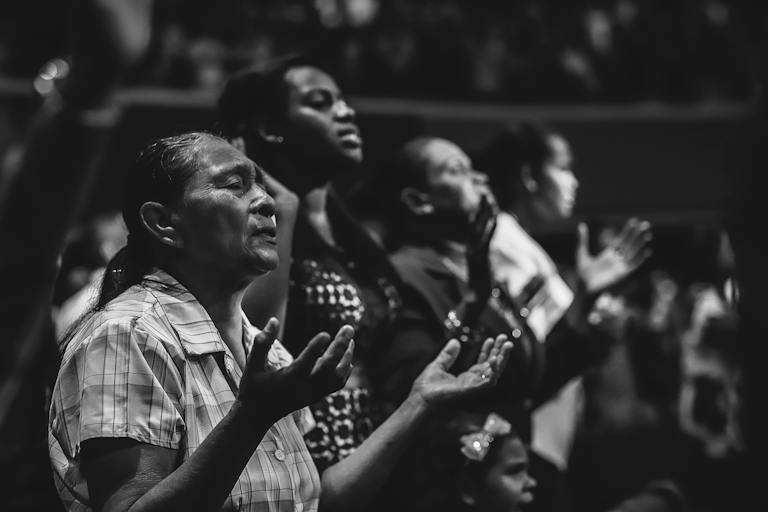What is Catholic social thought?
What is Catholic social thought? In essence, it refers to the Church’s substantial body of teaching that deals with how we should organize society and conduct ourselves to promote justice, human dignity, and the common good. It offers timeless moral principles to guide our response to the social issues of our day.
The Basic Principles Of Catholic Social Thought
Catholic social thought rests on several foundational principles such as:
- Human Dignity: Every human being has innate worth and value as made in God’s image. We must uphold the sanctity of all human life.
- Common Good: Every person should have access to those things required for human flourishing. Our policies should empower the marginalized.
- Subsidiarity: Social issues should be dealt with at the most local level consistent with their resolution. Higher orders should support, not usurp, smaller bodies.
- Solidarity: We must commit ourselves to the good of all people as our brothers and sisters. Achieving justice requires interdependence and concern for those in need.

Major Themes
These principles animate the church’s thinking on major themes such as:
- Rights and Responsibilities: Every right has a corresponding responsibility. We should balance personal liberty with social responsibility.
- Option for the Poor: Our policies should first consider the impact on the most vulnerable. According to the Bible, how we treat those who are less fortunate will determine our fate.
- Dignity of Work: Work should be well-compensated and meaningful. Workers have the right to productive work, decent living conditions, private property, and economic initiative.
- Stewardship: As caretakers of God’s creation, we must protect the environment and use resources wisely for the good of all people and future generations. Waste and exploitation deny human dignity.
Key Sources
This body of teaching emerges from sacred Scripture and the Church’s moral theology. But it also builds upon reason, philosophy, history, economics, political science, and more.
Some of the major modern contributors have been Pope Leo XIII’s Rerum Novarum on capital and labor, Pope Pius XI’s Quadragesimo Anno on economic systems, Pope John XXIII’s Pacem in Terris affirming human rights, the Second Vatican Council’s Pastoral Constitution on the Church in the Modern World, Blessed Paul VI’s Populorum Progressio on development models, Pope John Paul II’s Centesimus Annus opposing materialism and affirming free markets, and Pope Francis’ Laudato Si’ on environmental protection.
Various national conferences of Catholic bishops have applied these principles to specific policies in education, healthcare, welfare, immigration, racism, war and peace, bioethics, and more. There is a remarkably consistent moral framework evident across eras, cultures, and political ideologies.
Implications for Social Justice
This framework challenges all of us. How do we respond to the child refugee, the immigrant family, or the elder lacking healthcare? Does our politics divide or unite? Do our policies respect work and subsidiarity? Are we stewards of creation by caring for our common home? Do we reject a throwaway culture that discards rather than dignifies?
Catholic social teaching does not align neatly with our political left or right, liberal or conservative ideologies. Grounded in faith and reason, it obligates us to form our consciences through Scripture, moral theology, church teachings, and discernment. It calls us to build relationships across differing viewpoints as we seek solutions that uphold human dignity.
Joining the Mission
The Church’s social doctrine is an invitation to participate in Christ’s redeeming mission. Through worship, moral formation, evangelization, and public policy engagement, we can help transform our economies, legal systems, and societies to be more just and peaceful. There is inspiration here for preaching, religious education, advocacy, charitable outreach, community organizing, and so much more.
Catholic social thought is far more than a list of policy positions—it is a moral compass that can orient our lives toward caring for our common home. May we take up this call to humanize our world through God’s endless love and mercy.







